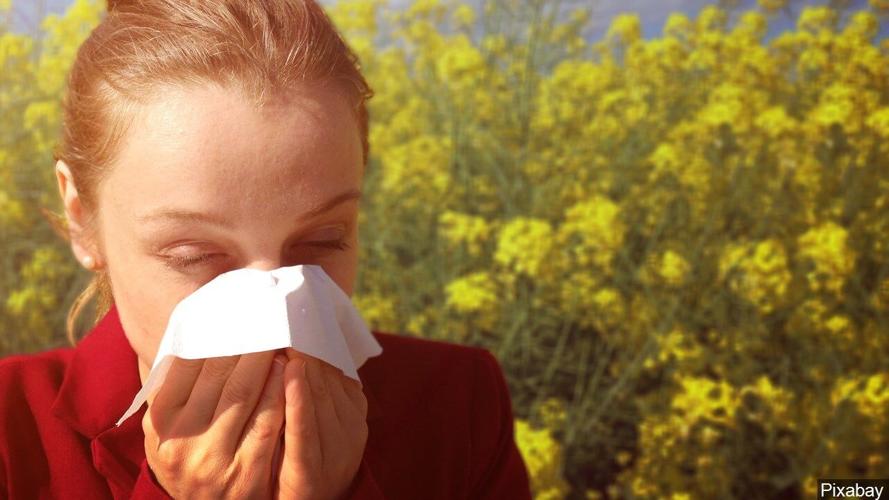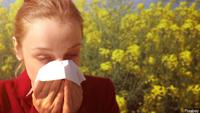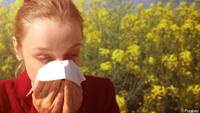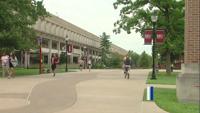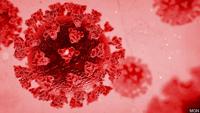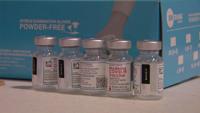MARION, Ill. (WSIL) -- Itching, sneezing, drippy nose, and wheezing.. most folks see the signs and start self care for allergy season. Lately more people are heading to the doctor for a double check.
Heartland Regional Family Medicine Dr. Suzanne Burge said people are trying to avoid the coronavirus.
"This year we're seeing a little more allergies than in the last few years," Burge said. "Pollen counts are around par, but I think people are more concerned about it and want to make sure nothing else is going on."
The pandemic seems to be driving the uptick in people seeking treatment for allergies.
"I would say there is more of a concern on how to differentiate it from COVID," Burge said. "Honestly, people have concerns they would normally have a bit of a cough or a sniffy nose and now they're embarrassed to be out in public because they feel like everyone is sort of giving them the evil eye because they're worried it's COVID."
And residents of Southern Illinois know their allergies.
"They've dealt with it year after year. They know when it comes. They know what to expect and have their own regiment. We're seeing more people who are being cautious," Burge said.
One parent recently had a unlikely discovery.
"At urgent care last week a mother came in and said, 'oh, my child just has allergies and I just need something for them.'" Burge said. "It turned out to be COVID."
Tree pollen and other spring allergies have been with us since February and should last until early summer, according to the American College of Allergy, Asthma, and Immunology.
People who have an allergy to grasses could continue to suffer through the summer months.
A dry spring could help allergy suffers because wet springs make things grow faster and extend the growing season into fall.
The over-the-counter aisle for allergies is stocked with options galore to treat multiple symptoms, but before you fill up the cart you need to be aware not to overlap.
Dr. Burge recommends an oral antihistamine, nasal steroid like Flonase or Nasonex and a sinus wash including anything from saline solution to a Neti Pot or the Naväge nasal irrigation.
"Avoidance is always the best. Avoid getting in contact with the allergens. Stay in when the pollen counts are the high," Burge said. "Nasal irrigation as a daily routine really does help prevent symptoms of allergies. It helps rinse the allergens out so they're not causing irritation and that will really lesson people's symptoms."
Some are finding their allergy pill isn't working as well as it did last year.
"Some people need to rotate their allergy pill. We recommend trying the other brand and seeing if that works better," Burge said. "Sometimes it's just swapping them out. If you take them as directed, they are not dangerous."
Long term allergy suffers should talk to their doctor about getting a regular allergy shot regiment as another option for relief.
Burge said some things that should trigger a doctor's care include fever, symptoms out of season, shortness of breath, body aches and a cough.

